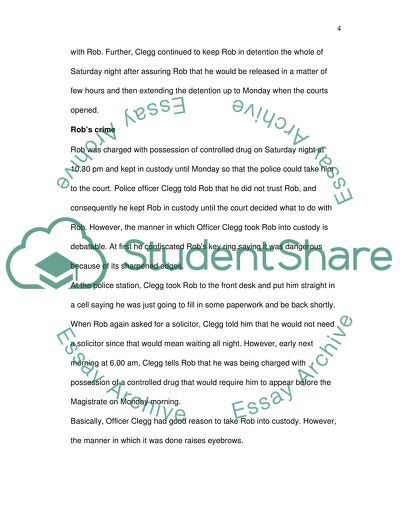Cite this document
(“PUBLIC LAW Case Study Example | Topics and Well Written Essays - 2000 words”, n.d.)
PUBLIC LAW Case Study Example | Topics and Well Written Essays - 2000 words. Retrieved from https://studentshare.org/law/1516877-public-law-case-study
PUBLIC LAW Case Study Example | Topics and Well Written Essays - 2000 words. Retrieved from https://studentshare.org/law/1516877-public-law-case-study
(PUBLIC LAW Case Study Example | Topics and Well Written Essays - 2000 Words)
PUBLIC LAW Case Study Example | Topics and Well Written Essays - 2000 Words. https://studentshare.org/law/1516877-public-law-case-study.
PUBLIC LAW Case Study Example | Topics and Well Written Essays - 2000 Words. https://studentshare.org/law/1516877-public-law-case-study.
“PUBLIC LAW Case Study Example | Topics and Well Written Essays - 2000 Words”, n.d. https://studentshare.org/law/1516877-public-law-case-study.


